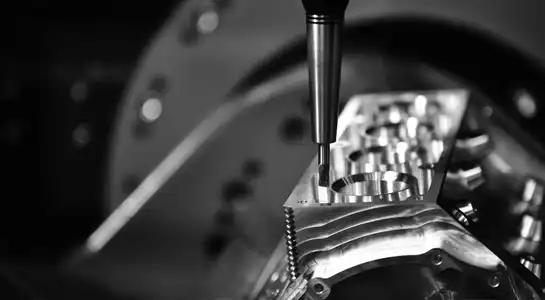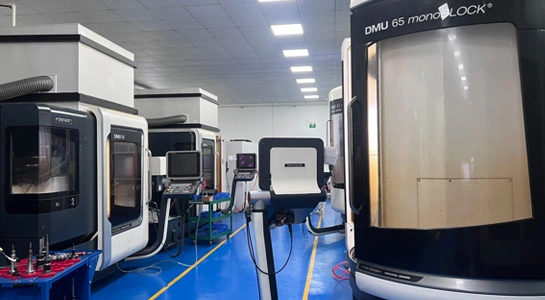Thermoplastics: Versatile and Recyclable Materials
Common Thermoplastics for Injection Molding
Thermoplastics are the most widely used materials in injection molding due to their versatility and recyclability. These materials can be easily processed and reused since they soften when heated and stiffen when cooled. Some popular thermoplastics include:
- Polyethylene (PE): Known for its excellent chemical resistance and low cost, PE is used in packaging, containers, and toys.
- Polypropylene (PP): Offering good chemical resistance and high fatigue strength, PP is ideal for automotive parts and consumer goods.
- Polystyrene (PS): With its clarity and rigidity, PS is commonly used in disposable cutlery and packaging.
- Acrylonitrile Butadiene Styrene (ABS): Combining strength and impact resistance, ABS is popular in automotive and electronics applications.
- Polyamide (Nylon): Known for its toughness and wear resistance, nylon is used in gears, bearings, and automotive components.
Engineering Thermoplastics for High-Performance Applications
For more demanding applications, plastic injection molding materials such as engineering thermoplastics offer enhanced mechanical, thermal, and chemical properties. These materials include:
Polyoxymethylene (POM): Providing excellent dimensional stability and low friction, POM is ideal for precision parts.
Polycarbonate (PC): Offering high impact strength and optical clarity, PC is used in safety equipment and automotive lighting.
Polyetheretherketone (PEEK): With its exceptional heat and chemical resistance, PEEK is suitable for aerospace and medical applications.
Polyethylene Terephthalate (PET): Known for its clarity and barrier properties, PET is widely used in bottling and packaging.
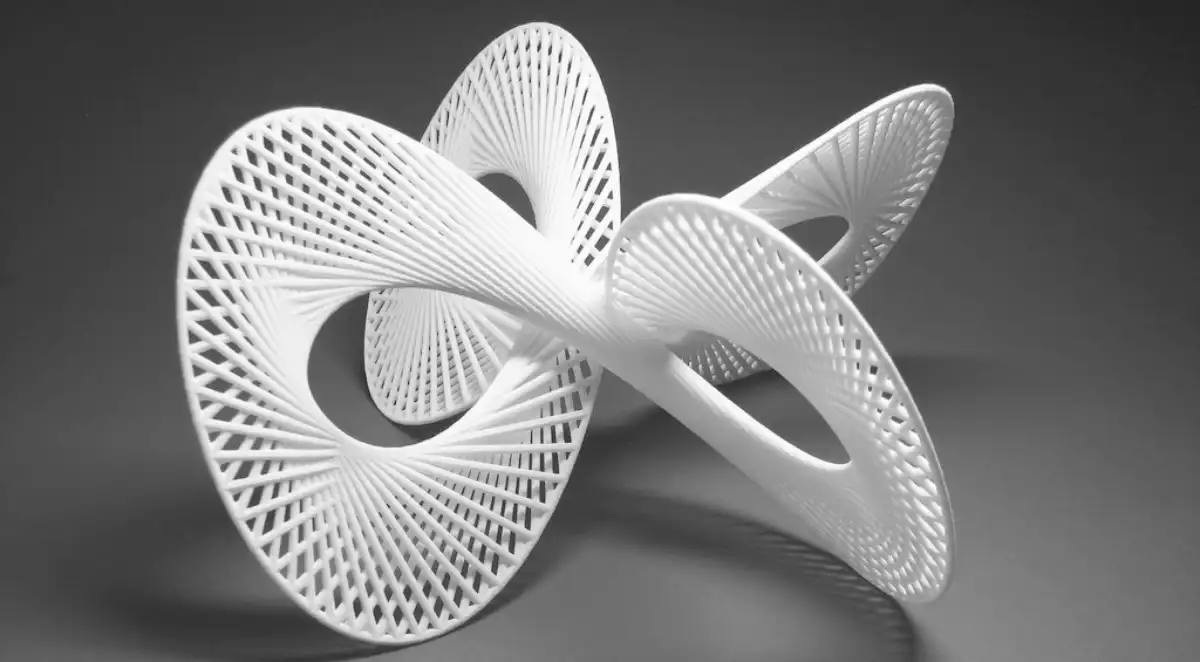
Selecting the Right Thermoplastic for Your Project
When choosing a thermoplastic for injection molding, consider factors such as:
- Mechanical properties: Strength, stiffness, and impact resistance
- Thermal properties: Heat deflection temperature and thermal expansion
- Chemical resistance: Compatibility with various substances
- Environmental factors: UV resistance and weatherability
- Cost-effectiveness: Material and processing costs
- Regulatory compliance: FDA approval, UL listing, or other industry-specific requirements
Thermosets: Durable and Heat-Resistant Options
Characteristics of Thermoset Materials
Unlike thermoplastics, thermoset materials undergo a chemical reaction during the molding process, resulting in a permanently hardened state. Both chemical resistance and thermal stability are greatly enhanced by this quality. Common thermoset materials include:
- Epoxy: Known for its adhesive properties and electrical insulation, epoxy is used in electronic components and adhesives.
- Phenolic: Offering good heat resistance and dimensional stability, phenolic is used in electrical parts and automotive components.
- Polyurethane: Providing a range of hardness options, polyurethane is used in seals, gaskets, and automotive parts.
- Silicone: Known for its flexibility and temperature resistance, silicone is used in medical devices and kitchenware.
Advantages of Thermoset Injection Molding
Among plastic injection molding materials, thermoset injection molding offers several benefits, including:
Excellent thermal stability: Thermosets maintain their properties at high temperatures.
Chemical resistance: Many thermosets are resistant to solvents and harsh chemicals.
Dimensional stability: Thermosets exhibit minimal shrinkage and warpage.
Creep resistance: These materials maintain their shape under long-term stress.
Electrical insulation: Many thermosets offer excellent electrical properties.
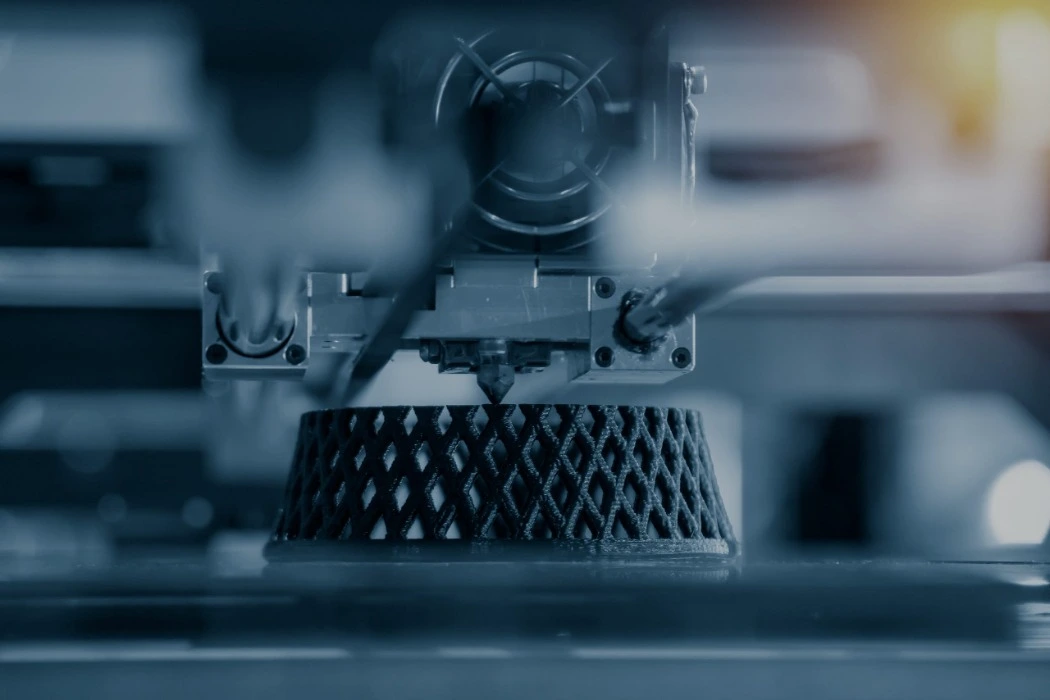
Applications of Thermoset Injection Molding
Thermoset injection molding is used in various industries, including:
- Aerospace: Heat-resistant components and structural parts
- Automotive: Under-hood components and electrical connectors
- Electronics: Circuit boards and insulating components
- Medical: Implantable devices and surgical instruments
- Industrial: Corrosion-resistant parts and high-temperature applications
Elastomers: Flexible and Resilient Materials
Types of Elastomers for Injection Molding
A substance with properties similar to rubber, elastomers are both resilient and flexible. They can be stretched and compressed, returning to their original shape when the stress is removed. Common elastomers used in injection molding include:
- Thermoplastic Elastomers (TPE): Combining the properties of thermoplastics and elastomers, TPEs are easy to process and recyclable.
- Thermoplastic Vulcanizates (TPV): Offering improved chemical resistance and durability compared to TPEs.
- Thermoplastic Polyurethane (TPU): Known for its abrasion resistance and flexibility, TPU is used in footwear and medical tubing.
- Styrene-Ethylene-Butylene-Styrene (SEBS): Providing good weather resistance and electrical properties, SEBS is used in automotive and consumer goods.
- Natural Rubber (NR): Offering high elasticity and tear strength, NR is used in various industrial applications.
Properties and Benefits of Elastomers
Plastic injection molding materials, specifically elastomers, offer several unique properties that make them valuable in injection molding:
Flexibility: Elastomers can undergo large deformations without permanent damage.
Resilience: These materials quickly return to their original shape after deformation.
Vibration damping: Elastomers absorb vibrations and reduce noise in various applications.
Seal formation: Many elastomers create effective seals against liquids and gases.
Impact resistance: Elastomers can absorb shock and impact energy.
Selecting the Right Elastomer for Your Application
When choosing an elastomer for injection molding, consider the following factors:
- Hardness range: Select the appropriate Shore hardness for your application.
- Temperature resistance: Consider both high and low-temperature performance.
- Chemical compatibility: Ensure the elastomer can withstand exposure to relevant chemicals.
- Compression set: Evaluate the material's ability to maintain its shape under prolonged stress.
- Tear and abrasion resistance: Consider the durability requirements of your application.
- Cost-effectiveness: Balance performance requirements with material and processing costs.
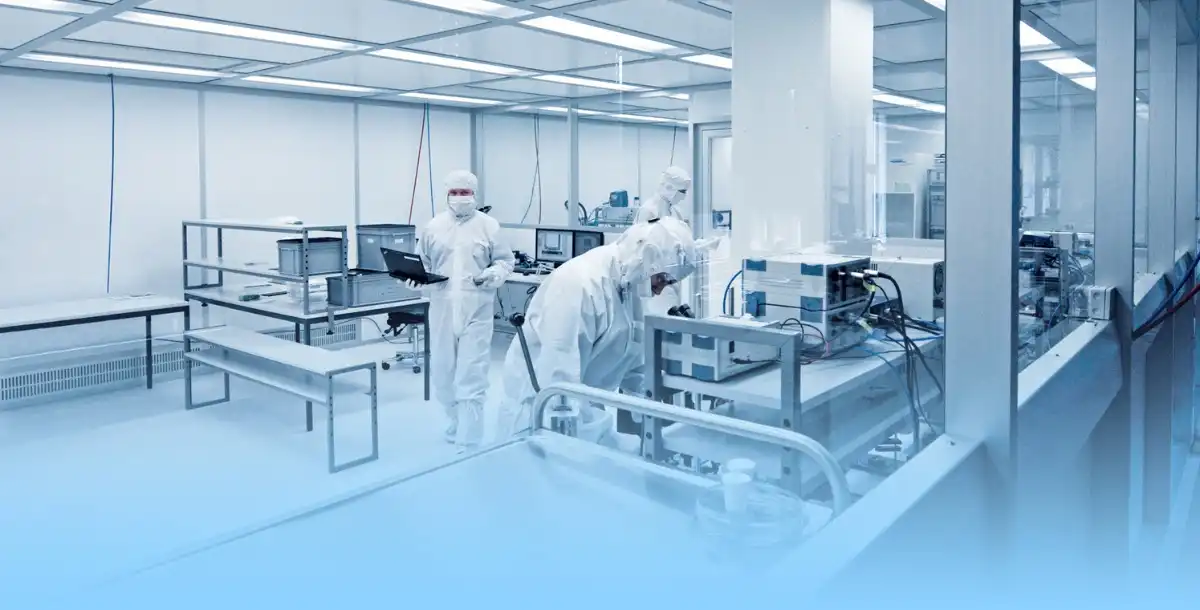
Conclusion
For efficient product development and manufacture, it is essential to have a good grasp of the various injection molding plastics and elastomers that are accessible. Elastomers, thermoplastics, and thermosets all have their uses, benefits, and characteristics that should be carefully considered before deciding which one is best for your project. Whether you require the versatility of thermoplastics, the durability of thermosets, or the flexibility of elastomers, the wide range of plastic injection molding materials offers solutions for diverse applications across industries.In order to make educated judgments and produce cutting-edge, high-quality goods, it is important to keep up with the newest advancements in injection molding materials as technology and new materials come out.
Injection Molding with Flexible Plastic Materials | BOEN
At BOEN Prototype, we specialize in injection molding with flexible plastic materials, offering unparalleled expertise in prototypes and low-volume production. Our state-of-the-art offices and experienced group guarantee high-quality comes about for a wide extend of businesses, counting car, restorative gadgets, aviation, and buyer gadgets. We pride ourselves on our capacity to handle complex ventures, giving quick turnaround times without compromising on quality. Our in-depth understanding of materials and integrated manufacturing processes allows us to provide customized solutions that cater to your unique needs. Experience the BOEN difference in flexible plastic injection molding. Contact us at contact@boenrapid.com to discuss your project needs.
References
1. Smith, J. (2022). Advanced Injection Molding Techniques for Thermoplastics. Journal of Polymer Engineering, 45(3), 287-302.
2. Johnson, A., & Brown, T. (2021). Thermoset Materials in Modern Manufacturing: Properties and Applications. Industrial Materials Review, 18(2), 112-128.
3. Lee, S., & Wang, Y. (2023). Elastomers in Injection Molding: Challenges and Opportunities. Polymer Processing Technology, 37(4), 415-430.
4. Garcia, M., et al. (2022). Sustainable Practices in Plastic Injection Molding: A Comprehensive Review. Journal of Cleaner Production, 312, 127893.
5. Thompson, R. (2021). Material Selection for High-Performance Injection Molded Parts. Advanced Manufacturing Processes, 29(5), 602-618.
6. Chen, H., & Liu, X. (2023). Recent Advancements in Bio-based Plastics for Injection Molding Applications. Sustainable Materials and Technologies, 26, e00297.



